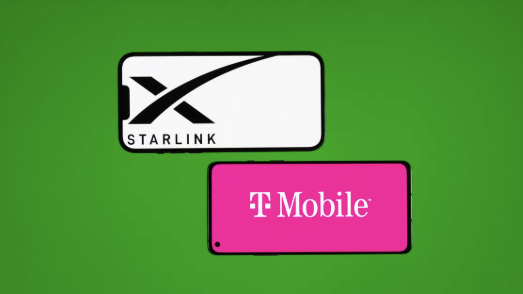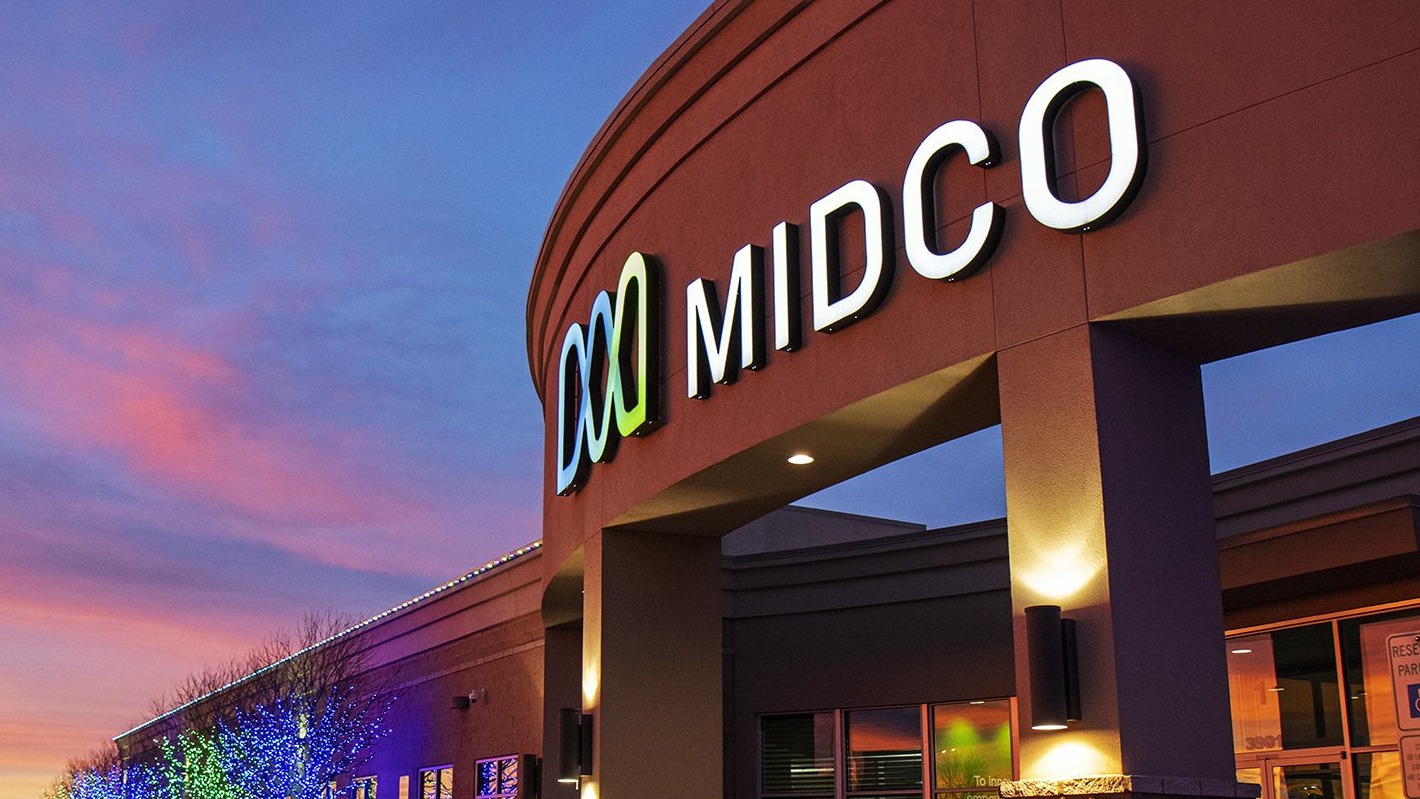
Reviewing the War for Rural Broadband: Starlink vs. T-Mobile
The race to provide high-speed internet to underserved areas is heating up, and two heavyweights are leading the charge: Starlink and T-Mobile’s Home Internet. Each of these services targets rural communities grappling with limited options, offering unique technologies and pricing structures that cater to various needs. As more residents in remote locations seek reliable internet access, understanding the differences between these two services has never been more crucial.
Starlink: A Trailblazer in Satellite Internet
Starlink, operated by SpaceX, employs a constellation of satellites to deliver internet access, boasting speeds that range from 20 to 250Mbps for a monthly fee of $90 to $120. This technology allows them to reach even the most isolated areas, making them a popular choice among users who prize mobility and access over conventional ISP offerings. However, the quality of service can vary significantly based on the user's geographic location and the current status of satellite availability.
T-Mobile Home Internet: A Competitive Alternative
T-Mobile's Home Internet service leverages its existing cellular network to provide broadband access, creating a robust alternative for users who might be skeptical about satellite technology. With a flat monthly rate of around $50, T-Mobile markets this option as an affordable, no-fuss service that offers straightforward installation. This approach can be particularly appealing for economically-conscious consumers and those seeking fast, reliable service without the installation headaches often associated with satellite links.
Technological Differences: Which One is Better?
When deciding between Starlink and T-Mobile, it’s essential to consider the strengths and weaknesses inherent in their technologies. Starlink’s satellite internet can occasionally suffer from latency issues—particularly for gamers or those who need real-time data transmission—but its reach is unparalleled. Conversely, T-Mobile’s LTE and 5G home internet rely on local cell towers, which can be affected by urban congestion and other obstructions. For some rural customers, the interpretation of "high speed" may differ drastically depending on their specific needs, geographical constraints, and the density of T-Mobile’s coverage.
The Future of Broadening Broadband Access
In today's rapidly digitalizing world, having reliable internet access is a necessity, particularly for remote workforces and online education. As these two broadband disruptors continue to reshape the internet landscape, understanding their services can empower consumers to make informed decisions. For those living in areas where traditional ISPs have neglected to provide service, opting for Starlink or T-Mobile could be the key to unlocking a higher quality of life.
Conclusion: Making the Right Choice for You
The choice between Starlink and T-Mobile ultimately boils down to individual needs and circumstances. As more users voice their concerns and experiences, a growing body of feedback can help illuminate which option may serve them best. For those navigating this new broadband battleground, keeping an eye on price, speed, and service reliability will be pivotal in choosing which service best aligns with their goals. The future of connectivity is unfolding in real-time, so staying informed and engaged in this dialogue can prove invaluable.
 Add Row
Add Row  Add
Add 

 Add Row
Add Row 


 Add Element
Add Element 

Write A Comment